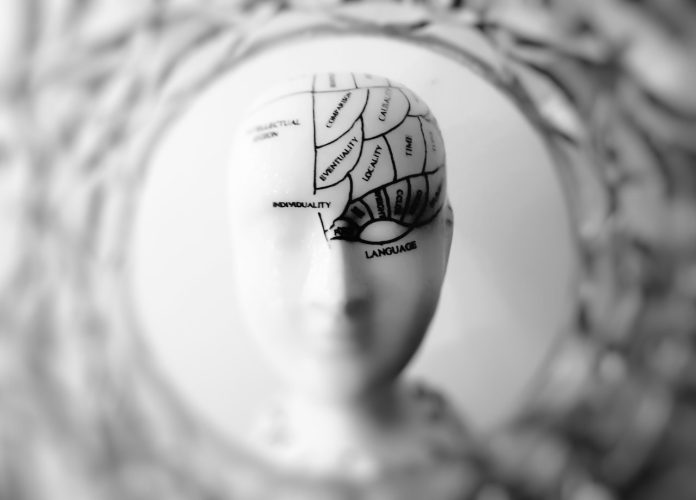Through 2019/20, there were some 356,699 UK admissions to hospital due to acquired brain injury, with this number having increased by 12% since 2005/06.
However, not all acquired brain injuries have been created equal, and while some can be managed and recovered from fully, others may have a devastating impact on your everyday life.
We’ll explore this further below, while asking what help you can source if you’re continuing to struggle in the wake of a serious brain injury.
What are the Different Types of Brain Injury?
In general terms, there are two different types of brain injury; namely traumatic and non-traumatic.
The former are caused by an external force or blow that affects the brain’s function, and are most commonly associated with falls, physical assaults, sports-related collisions and (more frequently) vehicular accidents.
According to the American Association of Neurological Surgeons, there are around 1.7 million traumatic brain injuries that occur every year, while 5.3 million citizens stateside live with a disability that has been caused by a traumatic brain injury.
As the name suggests, non-traumatic brain injuries are caused by internal factors, typically an enforced lack of oxygen, toxin exposure or the pressure caused by a tumour.
A brain haemorrhage is one of the most common iterations of a non-traumatic brain injury, while anoxic brain injuries describe those that arise from a shortage of oxygen.
How Can a Brain Injury Affect Your Life?
The brain is a structured and complex organ, so the impact of a brain injury will depend largely on the type of injury and which part is affected.
There are four main types of brain injury; namely physical, cognitive, emotional and behavioural, and each of these can impact on every aspect of your life and how you interact with others.
Physical disability or a loss of speech may occur as a result of a brain injury, for example, while an inability to control your emotions or behavioural impulses may also arise over time.
Cognitive injuries typically affect how you think, learn and recall information, with some learning difficulties and a short or long-term loss of memory both commonplace in the event of more serious brain injuries.
Often, you’ll experience a combination of these symptoms following a brain injury, while you should also expect a change in terms of how you communicate with others.
How to Help Someone You Love with a Brain Injury
In terms of how you can help a loved one who has incurred a brain injury, this will depend on the injury in question and how it affects their everyday life.
As a general rule, however, it’s important to provide emotional and physical support while possible, while remaining patient as you help them to deal with their altered reality.
Also, be sure to showcase care and a willingness to help manage their everyday affairs (where you can), even aiding them in their pursuit of compensation if they want to liaise with a brain injury claims solicitor.
This may prove crucial financial support, especially if your loved one has lost earnings as a result of their injury.

